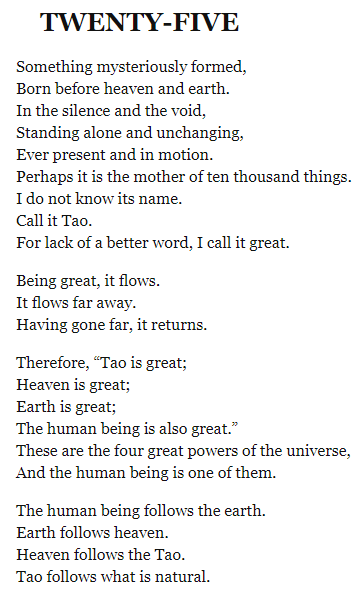201231 What I learned in my studies this morning

From The Daily Stoic: Stop looking for an answer elsewhere. You must do it yourself. Be better through your own actions. Make your life meaningful. It's up to you. From Epictetus: Epictetus, Greek for "acquired one," was born a slave. He knew and studied under Musonius. He walked with a limp, perhaps as a result of his master purposefully breaking his leg. He was not a free man until the age of thirty. Living as chattel, with no control over what he did or what was done to him, Epictetus learned that most famous of Stoic lessons, the one listed first in his collected sayings: "Learn to distinguish between what is up to us and what is not up to us." He did not seek wealth or power. He did not seek recognition for his teaching. Instead, he sought to become a better philosopher and teacher. He wanted to be a better man today than he was yesterday. He knew first hand that the only thing we can truly control is our perception of, ...




















